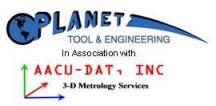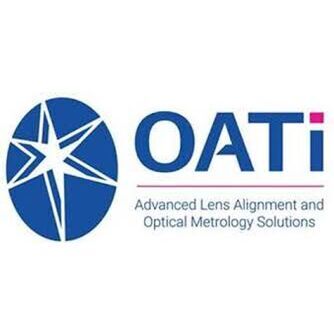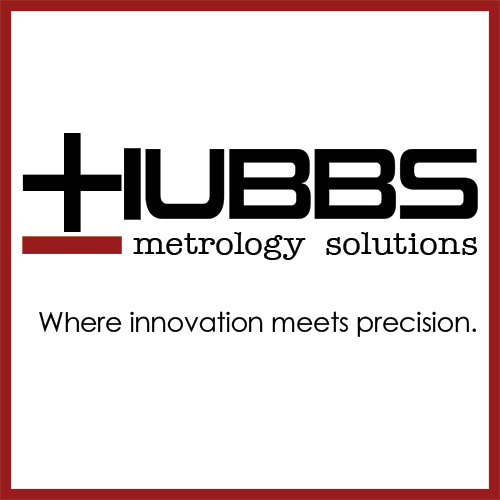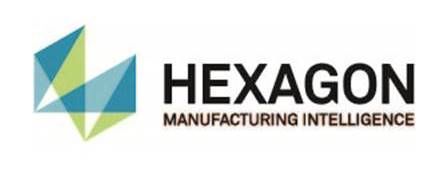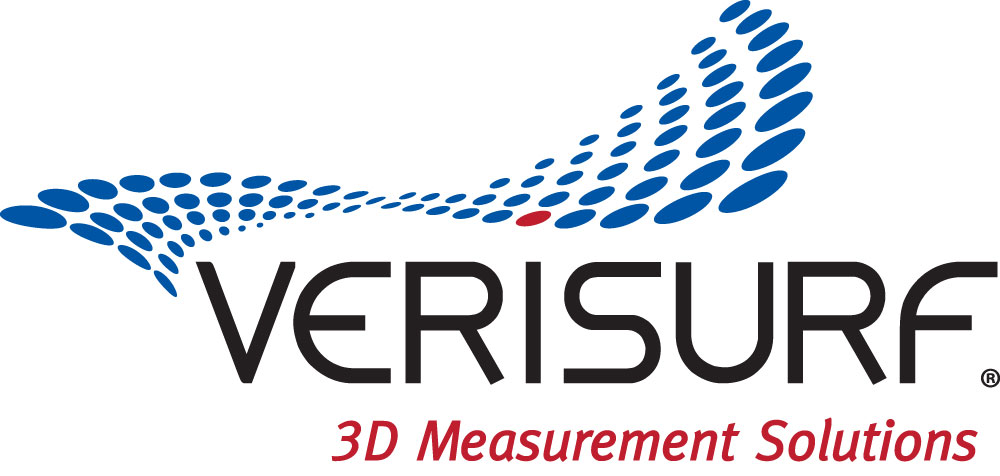Amy Gritzinger

Amy Gritzinger
Technical Support Specialist
Hexagon Manufacturing Intelligence
Women In Metrology Survey Answers...
1. Tell us about the accomplishments that helped shape your growth/career. Was there a specific project that influenced your decision to join or continue down the path of metrology?
Growing up in a Midwest blue collar, working class family, I thrived with hands-on work. I first started measuring while attending Automotive Repair at vocational tech during High School which made science and math fun, before computers ruled the landscape. I went on to inspection and quality control in machine shops and factories learning blueprints, GD&T, gage calibration, hand tools. Meanwhile, I attended college at night focusing on engineering and technical classes. Together with bookwork and real-world experience, I’ve cultivated a career in an ever-changing industry. Even though I’ve changed rolls and companies, my interest was always held true with metrology.
2. What was your journey like to get you to where you are now? Was there a particular challenge you had to overcome?
Considering I graduated from High school in the mid-1990’s, I never completed a computer class until collage prerequisites required the basics. Computer’s didn’t have a lot of moving parts I could disassemble or figure out quickly, so technology, oddly enough, was my first struggle. My skills developed by performing manual layout with sine bars, angle plates, and a calculator. I knew the True Position formula by heart…now computers and software do all of the heavy lifting. Secondly, explaining the difference between metrology and meteorology has been an on-going challenge.
3. What is your favorite aspect of your role in metrology?
Every industry on this planet and in space involves metrology. I’ve had the pleasure of measuring across the gambit from car parts, aircrafts, and medical implants to turbines and submarine tubing. As an Application Engineer & Technical Specialist, the ability to simplify complex topics and issues is an invaluable resource. Everybody has a job to do and mine is to make yours easier!
4. What is the most critical aspect of your role?
No one calls Technical Support just to say “Hi”! The most critical part of my job isn’t to know all of the answers instantly, rather it’s knowing where to find the answers quickly. While precision and accuracy are paramount when dealing with the hardware, some answers come from a conversation and brainstorming. Building relationships over time is critical to my role and in turn, the corporation.
5. Who was one of your mentors as you pursued your education and career?
When I was 16 years old, my father said, “If you want to drive it, then you’re going to wrench on it”. This was back when car engines had moving parts. Working in the garage with my Dad holds many special memories. Mainly, I realized I was mechanically inclined with a fascination for theory and design. A whole new world opened up for me. This exposure started my career path and has taken me all over the globe ever since.
6. What advice would you give to others who are considering a STEM career?
Never let anyone tell you math and science are never used in the “real world”. If you’re interested in STEM careers, get your hands dirty first. Try an internship or volunteer. This is really the only way to get exposure and access to multiple disciplines. You’ll make more money with your mind than you ever will with your hands, regardless of your gender (unless you’re a surgeon, and there’s a robot for that now, too).
7. When did you get your first chance to work in the Metrology field?
My metrology journey began in an aerospace machine shop quality department. I started off using calipers and micrometers referencing The Machinery's Handbook . Then quickly moved up to a manual CMM and managing the calibration lab. This position served as a springboard to so many amazing opportunities for which I'm grateful.
8. Describe the value that your efforts have delivered for the systems, products and processes.
As an Application Engineer for design software in the education industry, I often delivered presentations to students at vo-tech schools, open houses, and career days. It's no surprise kids are interested in computer design and 3D animation. But, I was able to convey a potential career path doing tasks they already love. My "real world" experience was proof that you don't have to be a math genius or be handy with tools to excel in a technical field.
9. Is there anything additional you would like to add?
"Measure twice, cut once"
